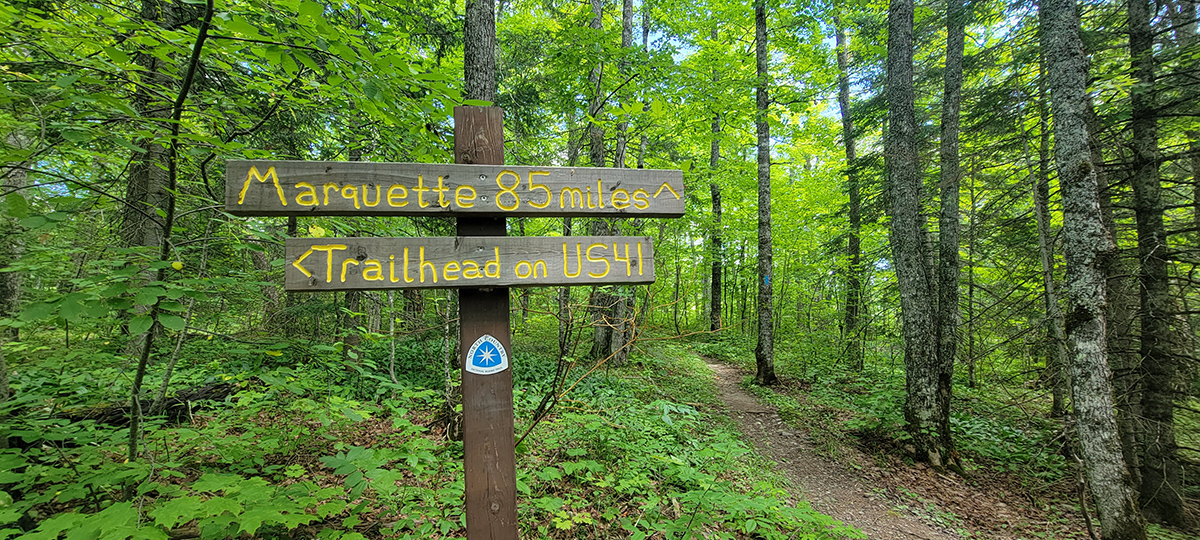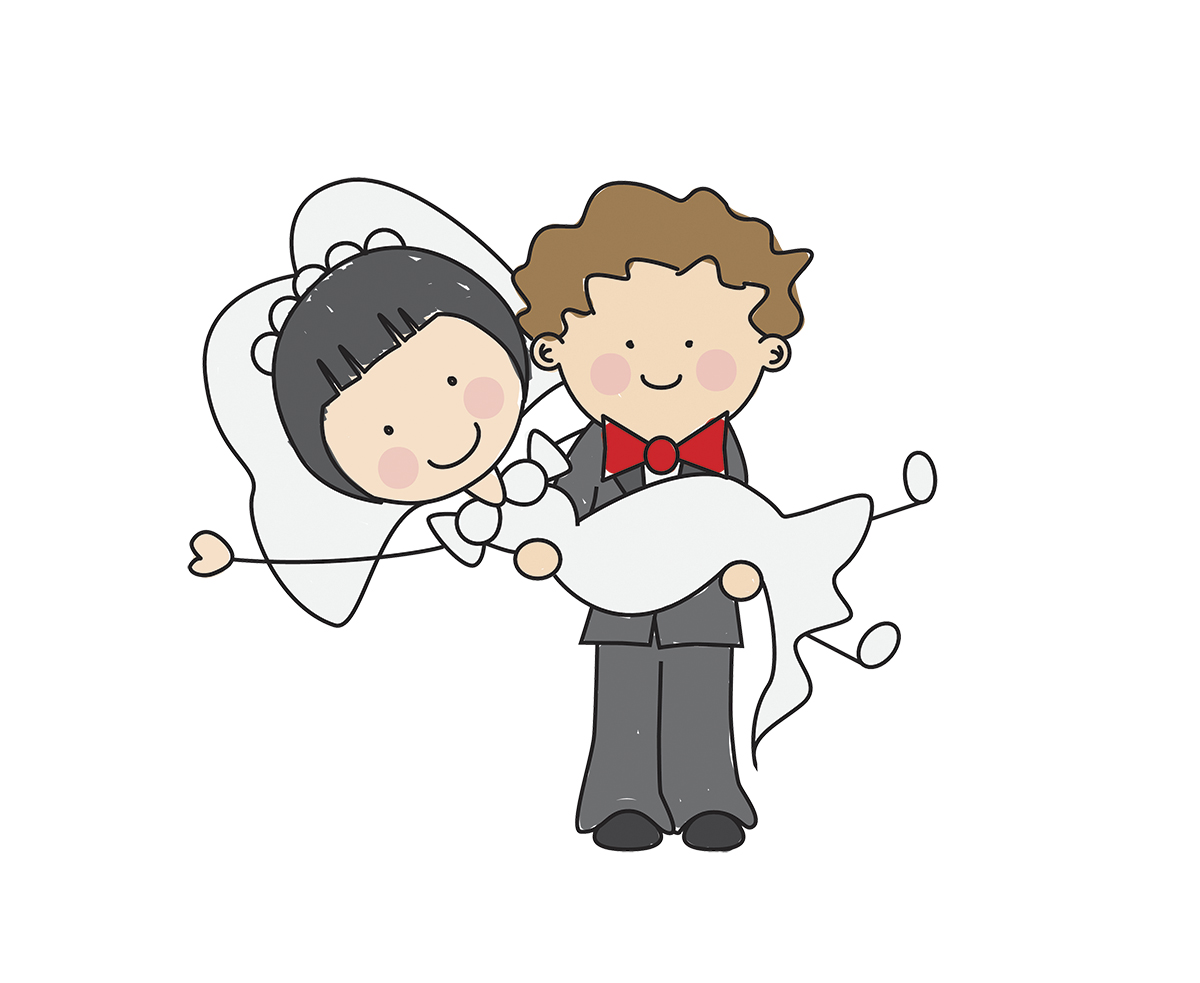WRITER | TRACY DONOHUE
Memories are an important part of our lives – they make up who we are and help tell our stories. Often, the memories and sentimental feelings attached to objects we own make it difficult to part with these cherished belongings. This can become a significant issue as we grow older, seek to downsize our homes, or – regardless of age or life circumstances – simply want to own less.
When it comes time to move, most people rather quickly get to the exasperating phase of “How did I accumulate so much stuff!?!” The process is especially fraught when a move or life change is sudden, associated with aging, or both.
“Feeling overwhelmed is not uncommon,” says Jennifer Pickett, Associate Executive Director of National Association of Specialty and Senior Move Managers (NASMM). “Moving is a huge life stressor and much more so when age is a factor. Not only is the older adult in transition, but so is the whole family. This is especially true when it involves a move from a long-term home where the kids were raised. The adult children have their own memories attached to the home and items in the home. It’s a challenging, new normal for everyone.”
NASMM, whose mission is to simplify home transitions, is headquartered in Illinois and is the leading membership organization for Senior Move Managers. Pickett works remotely from Novi. The international association is made up of over 1,000 such managers, who own their own independent local businesses. NASMM members are required to meet specific standards in areas such as insurance, ethics, safety, and client services.
Pickett explains, “A Senior Move Manager can help adults organize or part with possessions so they can be in the ‘right size’ environment where their quality of life can be better supported. This may be their current home with more organization and less stuff, a new smaller home, or a senior living environment. The hallmark of what we do is helping our clients part with their possessions without parting with their memories.”
When evaluating a lifetime of belongings, it’s clear that many items hold far greater emotional value for their owner than monetary value. Revisiting memories through objects can be quite meaningful for the owner – as well as enlightening for family members. It’s important for the next generation to know that the frayed, nondescript dress in the tattered box was handsewn by their great grandmother and worn when she immigrated to the U.S. – otherwise, it may be seen merely as a meaningless old dress that could get tossed out. It’s essential to capture the history and stories of such items before they are lost when their owner dies.
Of course, not all items have a significant story or hidden history attached to them – and this is where a trained professional can help the owner determine the best destination for each item that is not being kept: a “rehome” through selling, donating, or gifting; the recycle bin; or, if necessary, a trash bag.
Today, preserving memories and bringing stories to life can easily be accomplished with technology. Pickett says that their Senior Move Managers may do something as simple as taking digital photos of meaningful objects so the owner can continue to enjoy them once they no longer have them. Tools such as those on the Artifcts.com website may also be used to creatively tell the unique stories behind special items.
While most clients are elderly, Pickett points to an increasing need for NASMM’s services with downsizing empty-nesters, divorcing couples, military families, and even out-of-state students who need local assistance moving into or out of college housing. During an in-home consultation, the Senior Move Manager will learn the client’s story so they can better assist them.
Pickett advises, “Plan ahead if you can, but moves are often sudden and unexpected and can be associated with a significant event that involves loss – loss of health or a spouse, and then the added loss of a home and possessions.” She notes that older people are often ready to move but not ready to part with their belongings and the memories they hold – and their adult children are often unable to deal with it all, especially if they’re from out of town.
Regardless of age or life circumstances, most of us want to spend more of our precious time enjoying life instead of caring for or being concerned about possessions. After all, it’s the backstory and lasting memories that matter.
For more information: NASMM: https://www.nasmm.org and Artifcts.com https://artifcts.com








